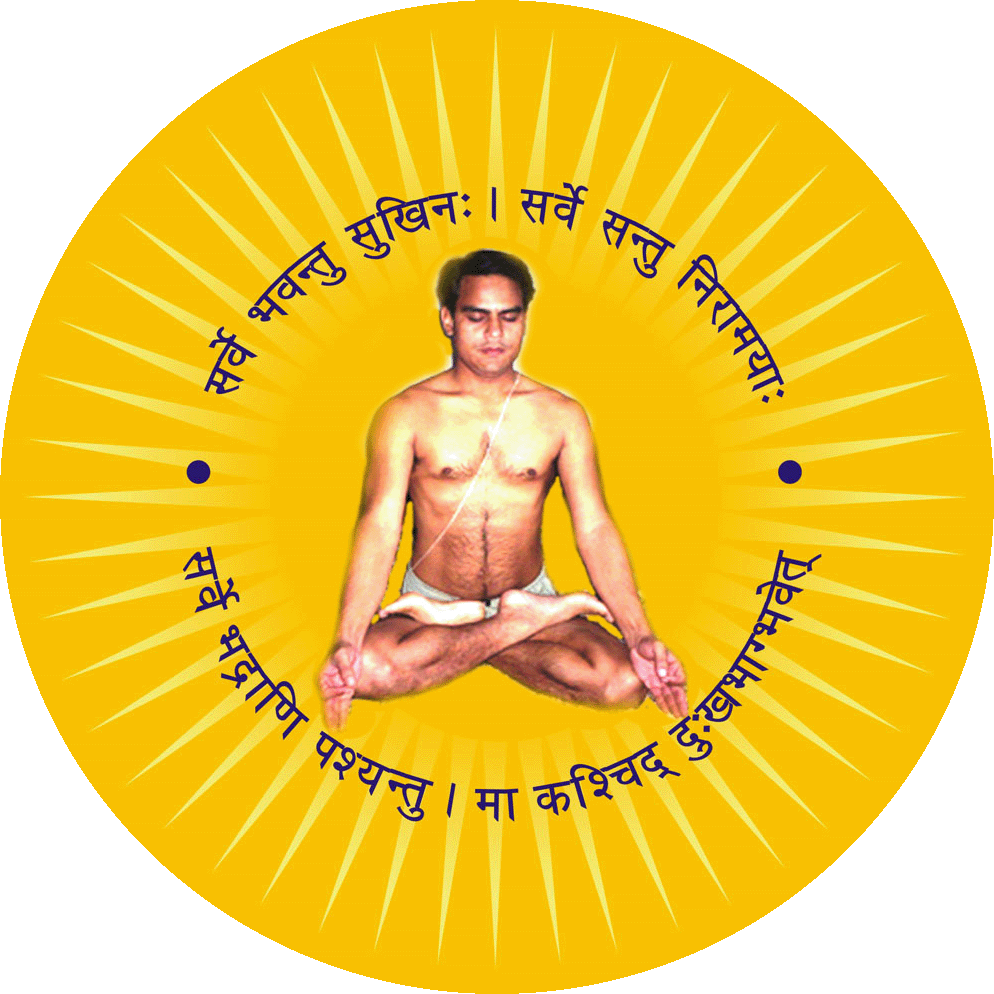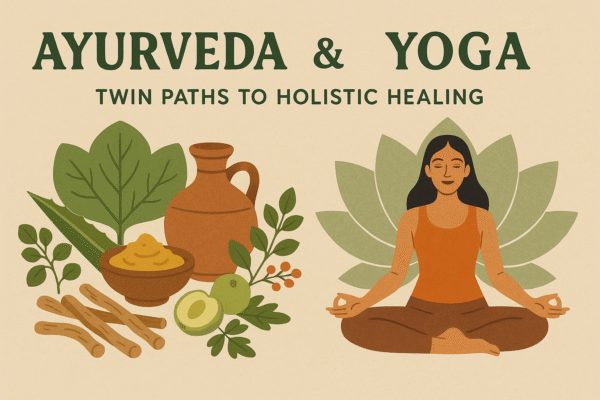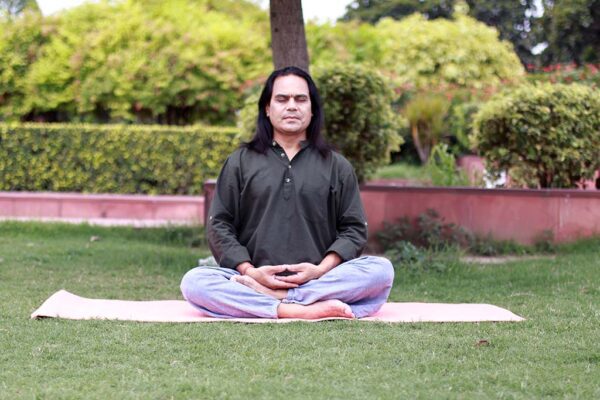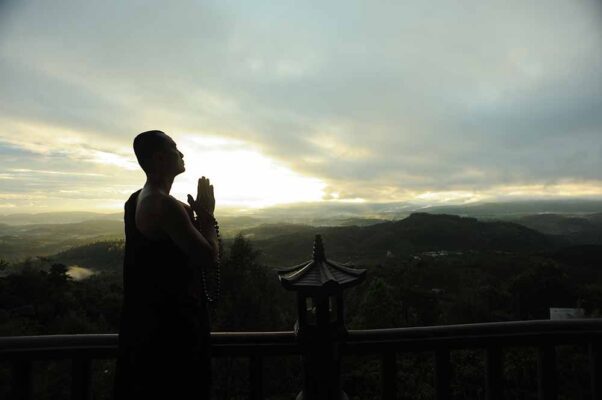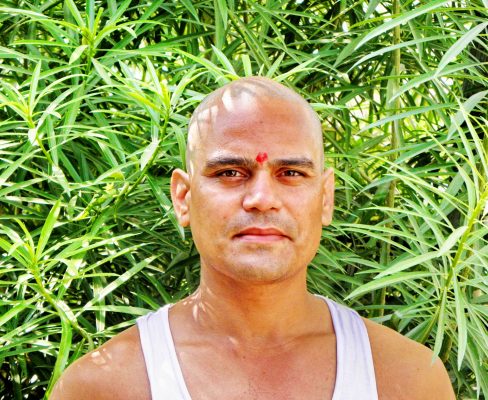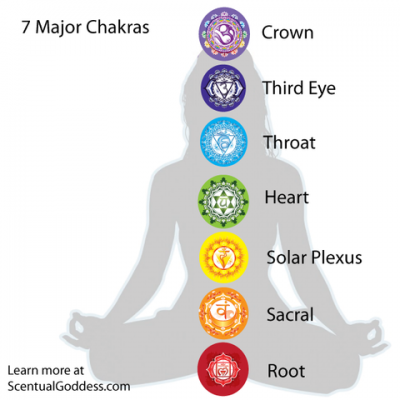Dear aspirant, you have asked how you can repent for your sins.
There are various ways to repent for your sins, or to reduce or to burn out the effects of bad karmas or sins. All those ways, actually are the forms of penances, confessions, tapas or austerities or fire of wisdom.
First way to burn out the negative karma effects is Spiritual Knowledge. Lord Krishna, in Geeta, says, ज्ञानाग्नि दग्ध कर्माणि gyanagni dagdh karmani, means the fire of spiritual knowledge can burn out the effects of karma, which can lead one to the liberation from the effects of karma.
Here, I would like to clarify the spiritual knowledge or the knowledge or self-realization of the Truth that burns out the effects of karma. Spiritual Knowledge means, the knowledge which you have gained through your own experiences, in your life journey, from your life, masters, and the Existence. The knowledge what you have gained through books and other sources are temporal, but the knowledge obtained through experiences, only is true and sustaining knowledge, which enables you to develop and maintain an understanding about the life, about the karma how it shapes your life, how positive karma makes your life better and negative worst.
Jesus said, “ye shall know the Truth, and the Truth will set you free.” By knowing or self-realization of the Truth is a most powerful way to get rid of all sins done knowingly or unknowingly.
The second way to burn out the effects of karma is Pranayama. Pranayama tremendously burns out the effects of negative karma. Sages say that गीता अध्ययनशीलस्य प्राणायामपरस्य च नैव सन्ति हि पापाणि पूर्वजन्म कृतानि च geeta adhyayansheelasya pranayama parasya cha naiw santi hi paapaani poorvjanm kritani cha, means they who study Geeta or scriptures, which contains the Mysteries of Life, Truth, Existence or Divine, etc., and practice Pranayama regularly, their all sins, done in the past, are burned out and they become pure soul, which lead to the Nirvana or Perfect Liberation from the effects of karma, the cause of rebirths.
The third way to burn out the effects of karma is penances, tapas, austerities, like fasting on Ekadashi, Trayodashi, Chaturdashi, Mondays (specifically during Sawan month), Tuesdays, Thursdays, Fridays, and Sundays; Japa or chanting the Names of Divine Incarnations; doing daana or charities, making pilgrimages, practicing moralities, endurance, energies, meditation, and wisdom or mindfulness.
The fourth way is Confession where people accepts and admits of their sins done, and resolutes not to repeat the same again in the future. This method of purification or catharsis is practiced in almost all religions. Hindus call it Tapascharya, observance of austerity. Christians call it Confession, means you are getting honest. We must personally, specifically, and directly confess to God our sin and fault. To come into the world of Light and Happiness, we must be open and honest – no secrets here. Confession of sin or fault is an admission of guilt or failure to all concerned.
The very first one to whom you confess is yourself. Confession means you are getting honest; you realize you have something to confess, acknowledge, or admit to, fully. It is a heart transaction, not a mere movement of the lips or flippant thought of the mind. When we confess, we declare, we assert, we fully acknowledge in all honesty, that something is so, without doubt or ambiguity.
Buddha used to call it Uposatha, or coming and sitting near to the Truth. His disciples used to gather on every poornima (full moon day), and would confess and reveal their sins in front of the monks and their head, and resolute not to do again in the future. This Uposatha is still being practiced by Buddhist people in Buddhist countries.
The Buddha taught that the Uposatha day is for “the cleansing of the defiled mind,” resulting in inner calm and joy. On this day, both lay and ordained members of the sangha intensify their practice, deepen their knowledge and express communal commitment through millennia-old acts of lay-monastic reciprocity. On these days, the lay followers make a conscious effort to keep the Five Precepts or (as the tradition suggests) the Eight Precepts. It is a day for practicing the Buddha’s teachings and meditation.
Further you have asked, does God forgive us, or we can’t do anything for our karma and just be ready for the punishment?
God or Divine definitely forgives us, and grants the freedom from the effects of negative karma, by adopting the aforesaid methods. But they who don’t do any of the above spiritual practices or penances, they definitely would have to undergo the punishments of nature. The Law of Karma is immutable; no one can surpass this Law. The above mentioned methods are nothing but penances, which are a kind of punishments taken voluntarily, willingly and gladly by the people who are self-disciplined.
